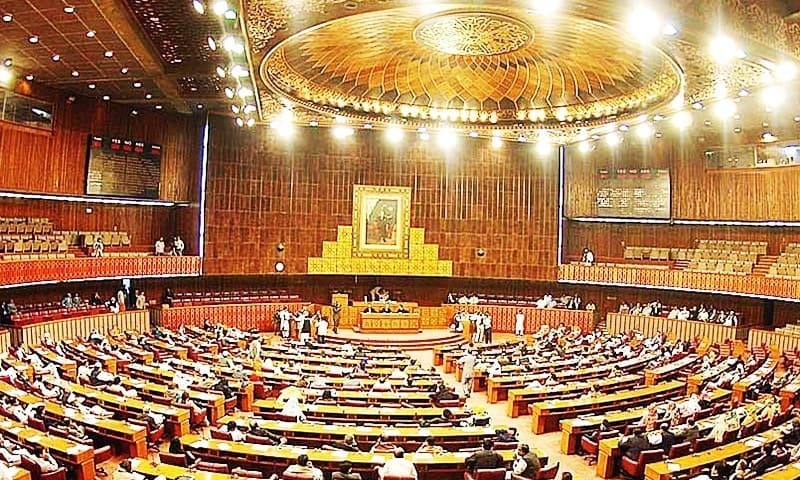The Chief Justice appointment process has commenced in Pakistan after the recent approval of the 26th constitutional amendment. Sources indicate that the Speaker of the National Assembly has requested parliamentary leaders to submit names for the new committee. This committee will consist of eight members from the National Assembly and four from the Senate.
Three days prior to the current Chief Justice’s retirement, the Speaker will provide a panel of three senior judges to the National Assembly. This panel will also be forwarded to the committee tasked with selecting the next Chief Justice.
A proportional representation formula has been established for the special committee. According to this formula, each political party will receive one seat in the committee for every 39 members in the assembly. In the Senate, a party will get one seat for every 21 members.
Under this plan, the Pakistan Muslim League-Nawaz (PML-N) is expected to secure four seats. This includes three from the National Assembly and one from the Senate. The Pakistan Peoples Party (PPP) is likely to receive three seats, comprising two from the National Assembly and one from the Senate.
Both the Pakistan Tehreek-e-Insaf (PTI) and the Sunni Ittehad Council are also anticipated to gain representation in the committee. The Sunni Unity Council will receive two members from the National Assembly, while the PTI will secure one seat from the Senate.
Additionally, the Muttahida Qaumi Movement (MQM) and Jamiat Ulema-e-Islam (JUI-F) are expected to receive one member each in the special committee. The MQM will gain one seat from the National Assembly, whereas JUI-F is likely to obtain one seat from the Senate, potentially from the government’s special quota.
This special parliamentary committee will be established under sub-clauses 1 and 2 of clause 3A of Article 175A. The Chief Justice appointment process reflects a significant shift in the country’s judicial framework.


